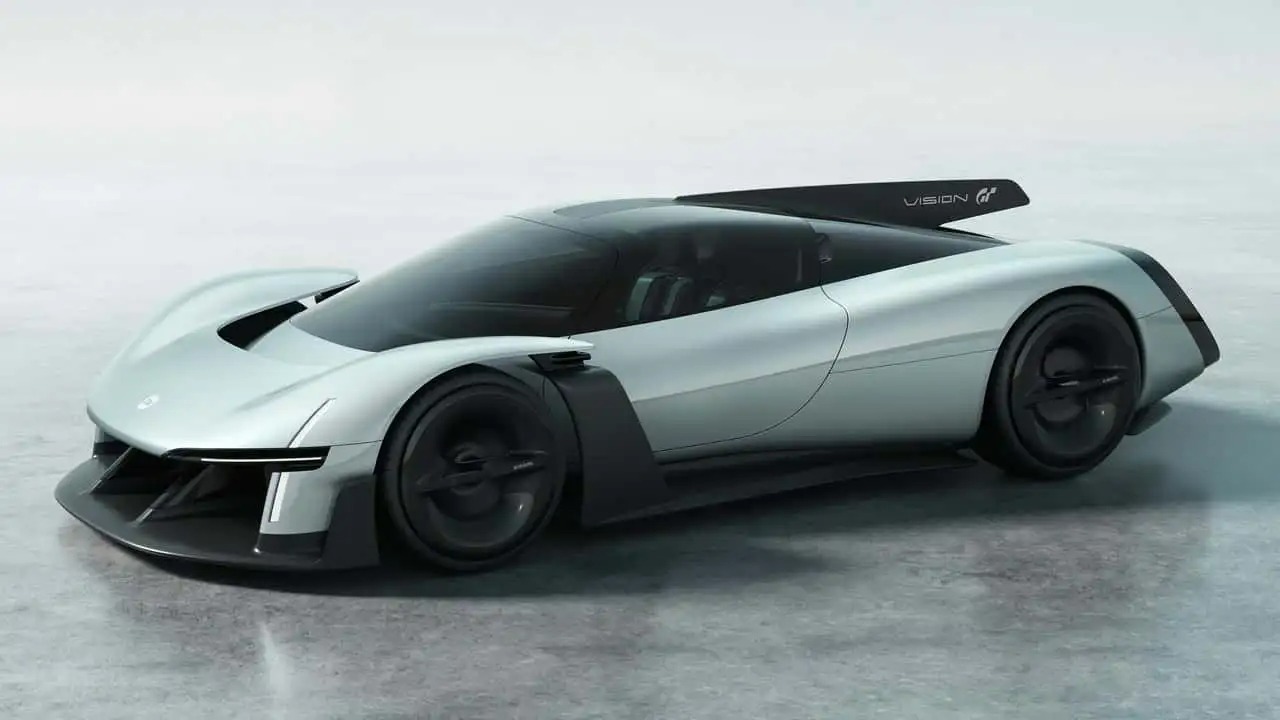In a groundbreaking development, researchers at Chalmers University of Technology in Sweden have created a structural battery that could increase the driving range of electric vehicles by up to 70% on a single charge. This innovative technology has the potential to revolutionize the electric vehicle industry, making EVs more efficient, lighter, and environmentally friendly.
The new battery, made of carbon fiber composite, has an energy density of 30 watt-hours per kilogram (Wh/kg), a significant improvement from the previous milestone of 24 Wh/kg achieved in 2021. While this is still lower than today’s lithium-ion batteries, the unique properties of the structural battery make it an attractive solution for electric vehicles.
“This is a significant step towards realizing the full potential of structural batteries,” said Leif Asp, Professor of Material and Computational Mechanics at Chalmers University of Technology via NewAtlas. “By using carbon fiber as both the positive and negative electrodes, we’ve created a battery that is not only lightweight but also strong and stiff.”
Autocarpro reports that the battery’s stiffness, measured by its elastic modulus, has increased from 25 to 70 gigapascals (GPa), making it as stiff as aluminum. This means that the material can carry loads just as well as aluminum but with a lower weight. The reduced weight of the battery translates to lower energy consumption, resulting in a significant increase in driving range.
Beyond electric vehicles, this technology has far-reaching potential applications. Imagine credit card-thin mobile phones, laptops that weigh half as much, and components in cars or planes powered by structural batteries. The possibilities are endless, and the researchers are confident that this technology will make a significant impact on various industries.






























